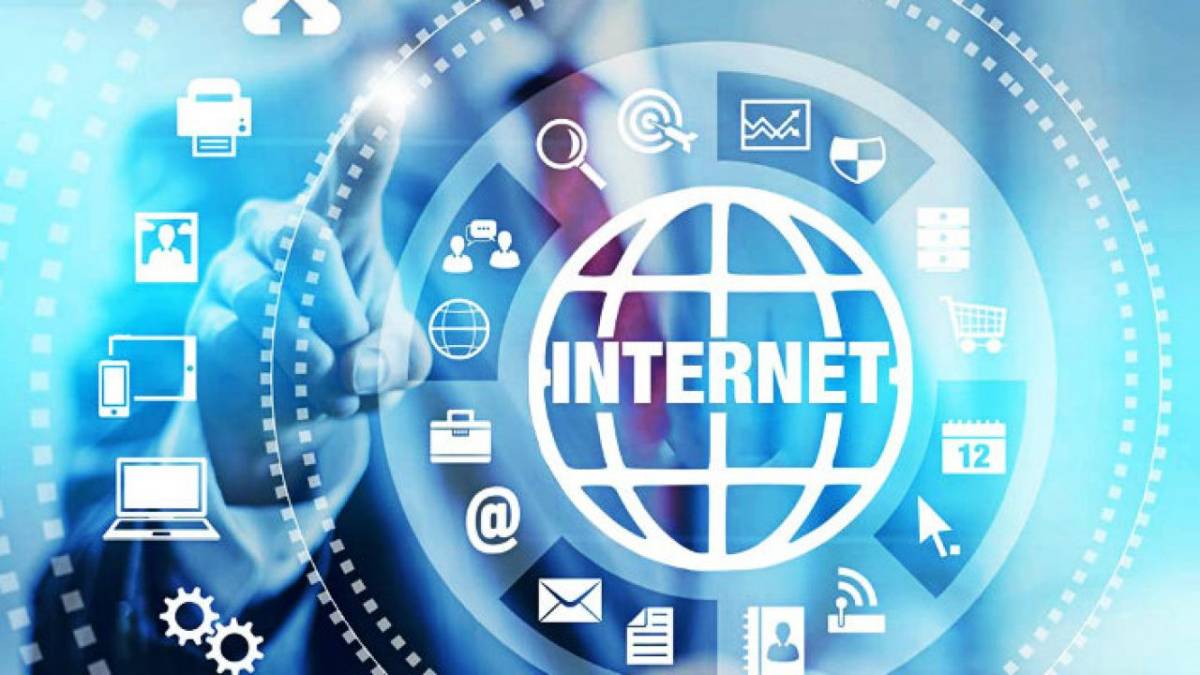Importance Of Internet
- By Muteeb CC,
- Date : Sep 13, 2024

The Importance of the Internet in Modern Life
The internet has revolutionized nearly every aspect of our daily lives. What once began as a tool for academic and military communication has evolved into a global network connecting billions of people, offering endless opportunities for learning, business, entertainment, and socializing. In today's digital age, the importance of the internet cannot be overstated. Here are some key reasons why the internet is indispensable:
1. Access to Information
One of the most significant contributions of the internet is the ability to access vast amounts of information at any time. Whether you're looking to research a topic, find breaking news, or explore how-to guides, the internet is a treasure trove of knowledge. The traditional limitations of time and geography have faded away. This access empowers individuals to make informed decisions and helps in the continuous learning process.
2. Communication and Connectivity
The internet has fundamentally transformed how we communicate. With tools like email, social media, video calls, and instant messaging, people from all corners of the world can stay connected. This connectivity fosters global collaboration, enabling businesses, academic institutions, and individuals to work together, share ideas, and create innovations. Relationships have also become easier to maintain, regardless of distance.
3. Economic Growth and Opportunities
The internet has created an entirely new digital economy. E-commerce, freelancing, remote work, and online businesses have flourished, allowing companies to reach global markets and individuals to explore various income streams. Entrepreneurs can launch startups with relatively low investment, while large corporations can optimize their operations and reach international audiences.
4. Education and E-Learning
The internet has redefined education by making learning accessible to everyone, regardless of their physical location or socio-economic background. With online courses, tutorials, and educational platforms, learners can gain skills and certifications from world-class institutions without leaving their homes. This democratization of education is especially crucial in developing countries, where access to quality educational resources may be limited.
5. Entertainment and Media
From streaming services to gaming platforms, the internet has transformed how we consume entertainment. Music, movies, and games are now readily available at the click of a button. Beyond entertainment, digital content like blogs, podcasts, and videos provide outlets for creative expression and offer audiences new forms of engagement.
6. Healthcare and Telemedicine
With telemedicine, medical advice and consultations can now be accessed remotely, improving healthcare delivery for those in rural or underserved areas. Patients can monitor their health, schedule appointments, and consult specialists without needing to visit a hospital physically. The internet also provides a platform for health awareness campaigns, disseminating important medical information to the general public.
7. Social Impact and Activism
Social movements and activism have gained tremendous momentum thanks to the internet. Causes that may have once been overlooked now have a global platform to raise awareness, mobilize supporters, and initiate change. The internet has given voices to the marginalized, helped in addressing global challenges like climate change, and united people around important social issues.
8. Smart Devices and the Internet of Things (IoT)
As the internet continues to grow, its role in everyday life expands through the Internet of Things (IoT). From smart homes to wearable health devices, IoT connects physical devices to the internet, making daily tasks more convenient, efficient, and data-driven. This interconnectedness is driving innovation in industries such as healthcare, agriculture, and transportation.
9. Globalization and Cultural Exchange
The internet facilitates the blending of cultures, ideas, and traditions by allowing people from different parts of the world to interact, share, and learn from each other. This exchange promotes understanding, tolerance, and appreciation for diversity, enriching the global community.


